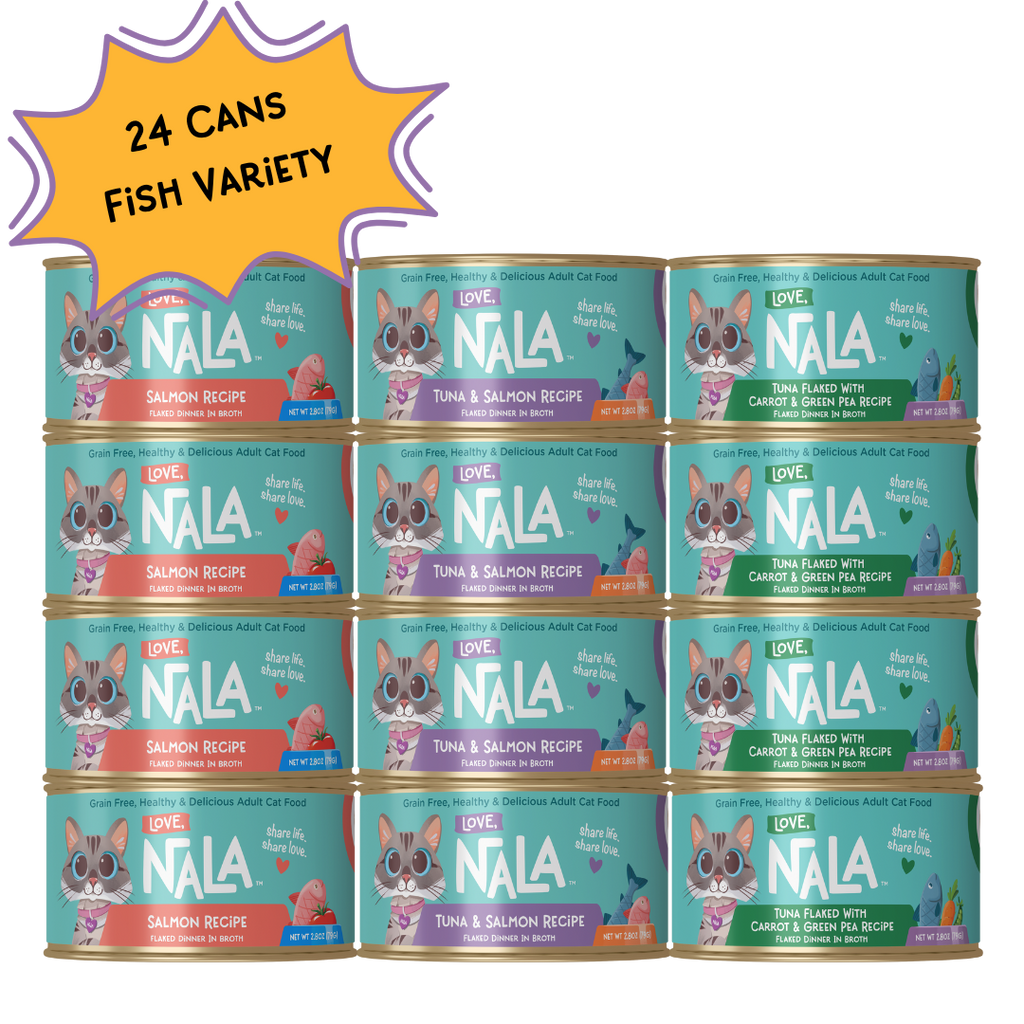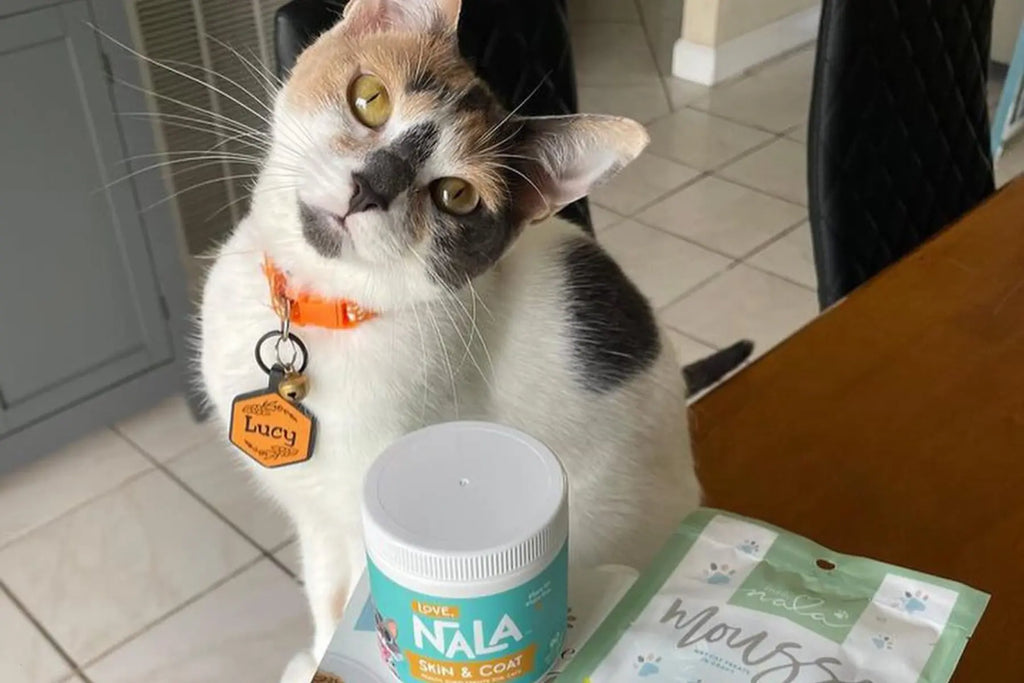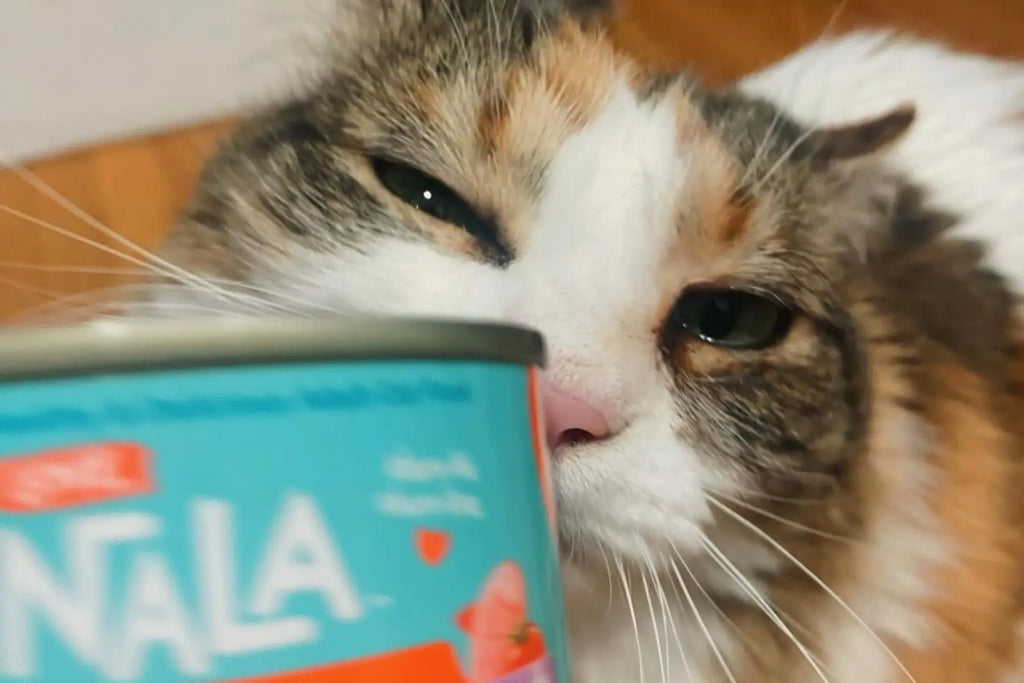Every cat parent wishes to provide their pet with the best cat food. But understanding cat nutrition and sifting through the overwhelming variety of options on the market can prove challenging. One dietary component gaining momentum in recent years is fiber, renowned for its numerous health benefits. This comprehensive guide aims to demystify high fiber cat food, highlighting its importance, benefits, and how to make a well-informed selection.
What is High Fiber Cat Food?
High fiber cat food, as the name implies, contains an elevated proportion of fiber sourced from various grains, vegetables, and other natural ingredients. The fiber can be soluble (dissolves in water), insoluble (does not dissolve in water), or a mix of both. Each type provides different benefits to a cat's digestive health, suggesting that a balanced blend is often most beneficial.
Fiber plays a crucial role in a cat's diet, despite not being a core dietary requirement. While cats are obligate carnivores and thrive on a high protein cat food diet, incorporating an appropriate level of fiber enhances their overall gut health. It aids digestion, reduces constipation, and even supports the growth of beneficial gut bacteria.
Health Benefits of High Fiber Cat Food

Cats require a balanced diet to thrive and maintain optimal health. As mentioned above, an element that should not be overlooked is fiber. High fiber cat food has gained recognition for its numerous health benefits, ranging from promoting digestive health to enhancing immune system function.
Promoting Digestive Health
One of the most significant benefits of a high fiber diet for cats is promoting digestive health. When consumed, fiber adds bulk to the cat's stool, facilitating smooth bowel movements and thereby mitigating constipation. A diet rich in fiber can help manage hairballs too, as it allows hair to pass through the digestive tract more easily.
Maintaining a Healthy Weight
Overweight and obesity pose significant health risks for domestic cats, leading to a variety of complications. Fortunately, high fiber cat food plays a crucial role in addressing these concerns. With its satiating properties, a fiber-rich diet helps regulate weight by promoting a feeling of fullness and preventing overeating. By carefully choosing the best high fiber cat food, you can effectively manage your pet's weight, supporting their overall well-being.
Improved Anal Gland Health

If you own a cat, you may have noticed it occasionally "scooting" or dragging its rear on the ground. This behavior often indicates issues with the anal glands, two small sacs on either side of the cat's anus. In normal circumstances, these glands are naturally expressed during defecation. However, cats with soft stools might experience difficulties, leading to anal gland impaction. Here's where a high fiber diet can prove beneficial. Fiber adds bulk to the cat's stool, promoting more substantial pressure during defecation and thus natural expression of the anal glands. Consequently, it helps prevent uncomfortable and potentially severe anal gland issues.
Regulation of Blood Sugar Levels
Cats, much like humans, can suffer from diabetes, a disease characterized by high blood sugar levels. It's particularly common in overweight and obese cats. Dietary fiber, especially soluble fiber, slows the absorption of sugar into the bloodstream, leading to more stable blood sugar levels. By incorporating high fiber cat food into your pet's diet, you can help manage their blood sugar levels, reducing the risk of diabetes or aiding in its management if your cat is already diagnosed with the condition.
Enhanced Immune System Function
Fiber, specifically certain types known as prebiotics, can boost your cat's immune system. Prebiotics serve as food for beneficial gut bacteria, promoting their growth and activity. A balanced gut microbiome plays a crucial role in maintaining overall health, including a robust immune response. A diet high in fiber, therefore, can help keep your cat's immune system in tip-top shape, ready to ward off potential infections and diseases.
A balanced diet is crucial in preventing numerous health conditions. It's important to note that fiber, although beneficial, is just one aspect of a cat's dietary needs. A healthy cat food diet should be well-rounded, incorporating all essential nutrients for their well-being. By providing a comprehensive range of nutrients, such as proteins, vitamins, and minerals, you can ensure your cat's overall health and vitality. Remember, a balanced diet is key to promoting a long and thriving life for your feline companion.
Choosing the Right High Fiber Cat Food

Deciphering cat food labels might seem like cracking a code. However, it's essential to understand these labels when selecting high-quality cat food for your pet. Look for a statement of nutritional adequacy, which assures that the food meets the minimum nutritional requirements established by the Association of American Feed Control Officials (AAFCO).
High nutrition cat food includes primary ingredients like real meat, fish, or poultry, followed by grains or vegetables that provide fiber. Keep an eye out for identifiable sources of fiber such as sweet potatoes, pumpkin, or beet pulp. Steer clear of foods with vague ingredient listings like "meat byproducts" or "animal digest."
Transitioning Your Cat to a High Fiber Diet
Introducing your cat to high fiber cat food should be a gradual process to avoid digestive upset. Start by mixing a small portion of the new food with their current diet, then slowly increase the proportion over a week or two. Your patience will pay off as your cat adjusts to their new, healthier diet.
Observing your cat during the diet transition is also paramount. Look out for positive signs like improved digestion, regular bowel movements, and maintained weight. However, any negative changes warrant a visit to the vet. Regular check-ups are also crucial during this period, ensuring your cat is reaping the benefits of their new diet without adverse effects.
High fiber cat food can offer numerous benefits to your feline friend, from improved digestion to better weight management. However, remember that each cat is unique, and what works for one might not work for another. Therefore, take your cat's individual needs into account when selecting their food. And, as always, when in doubt, consult your veterinarian.




















